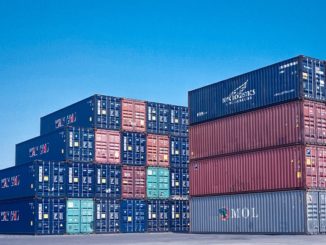
Published in El Pais, 1 April 2020.
During the Second World War the Allies implemented a plan known as War Economy where the entire manufacturing sectors were converted to help the war effort. Your factory makes trucks? Now it makes tanks. Pots and Pans? Now it makes shells. Nuts and Bolts? Bullets. Even those not working in manufacturing would in some way be supporting the war. This of course was not without sacrifice as nonessential items were rationed as the production of these goods slowed if not stopped all together. Interestingly, Hitler was reluctant to implement such a measure as he wanted to show his people were still enjoying a luxurious lifestyle despite a major conflict going on. The result was that the Allies were well supplied whereas the Axis were struggling to keep up with the Army’s demand.
With the Pandemic going on the number one issue on the news is the number of new cases and deaths. Not far behind it is the lack of supplies needed to fight this virus. Existing manufacturers are doing what they can, but it will likely not be enough, it may be time for factories to shift focus to help fight the cause that will slow the spread.
Now it should be noted that many companies are taking it amongst themselves to do just that. In Canada alcoholic manufactures are now shifting to producing rubbing alcohol, a hockey manufacturer altered their face shields meant to protect players to the ones used by medical professionals. These efforts are surely to be appreciated as Hospitals start to find supplies from sources they would not originally suspect.
The efforts of those that do this voluntarily are noble, but it will not be enough. It is time for governments to implement a similar policy used in the Second War. The economic consequence for these factories might not be severe as likely their overall sales of their existing product will be slowed. But when this is over, they will be able to add a new product to their catalog. Of course, this will mean an increase in shortages of other goods, but it is time for everyone to do their part.



Be the first to comment